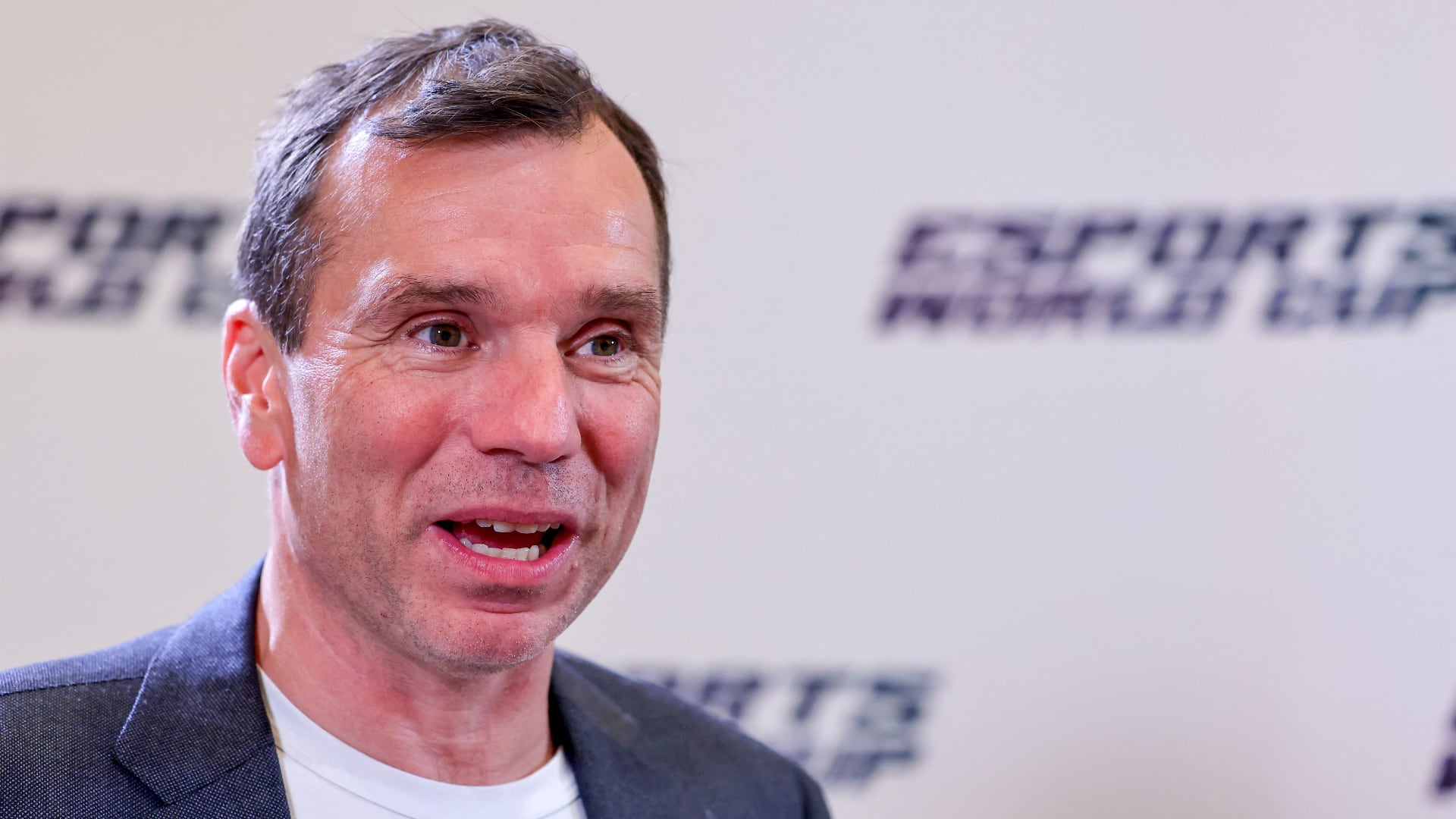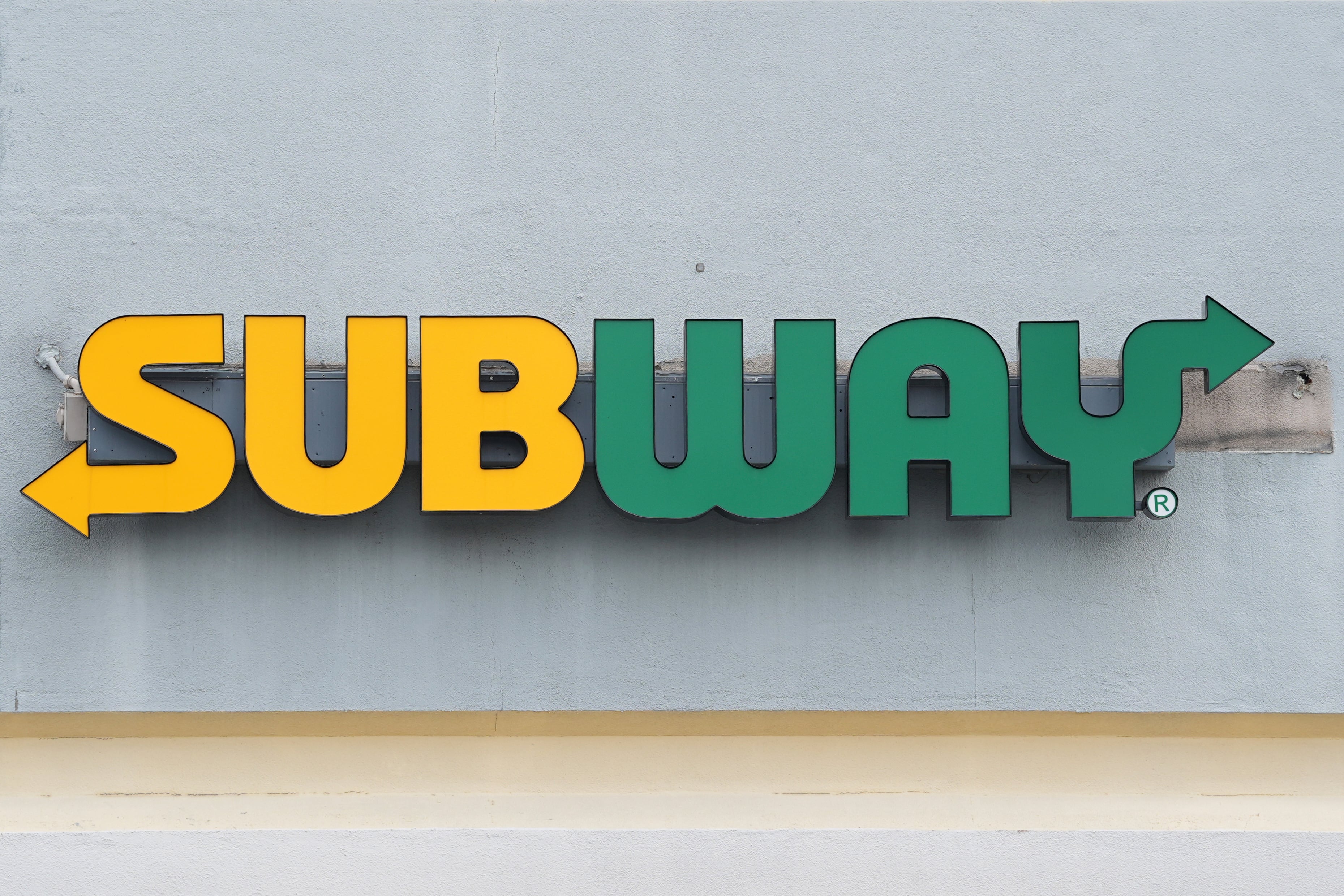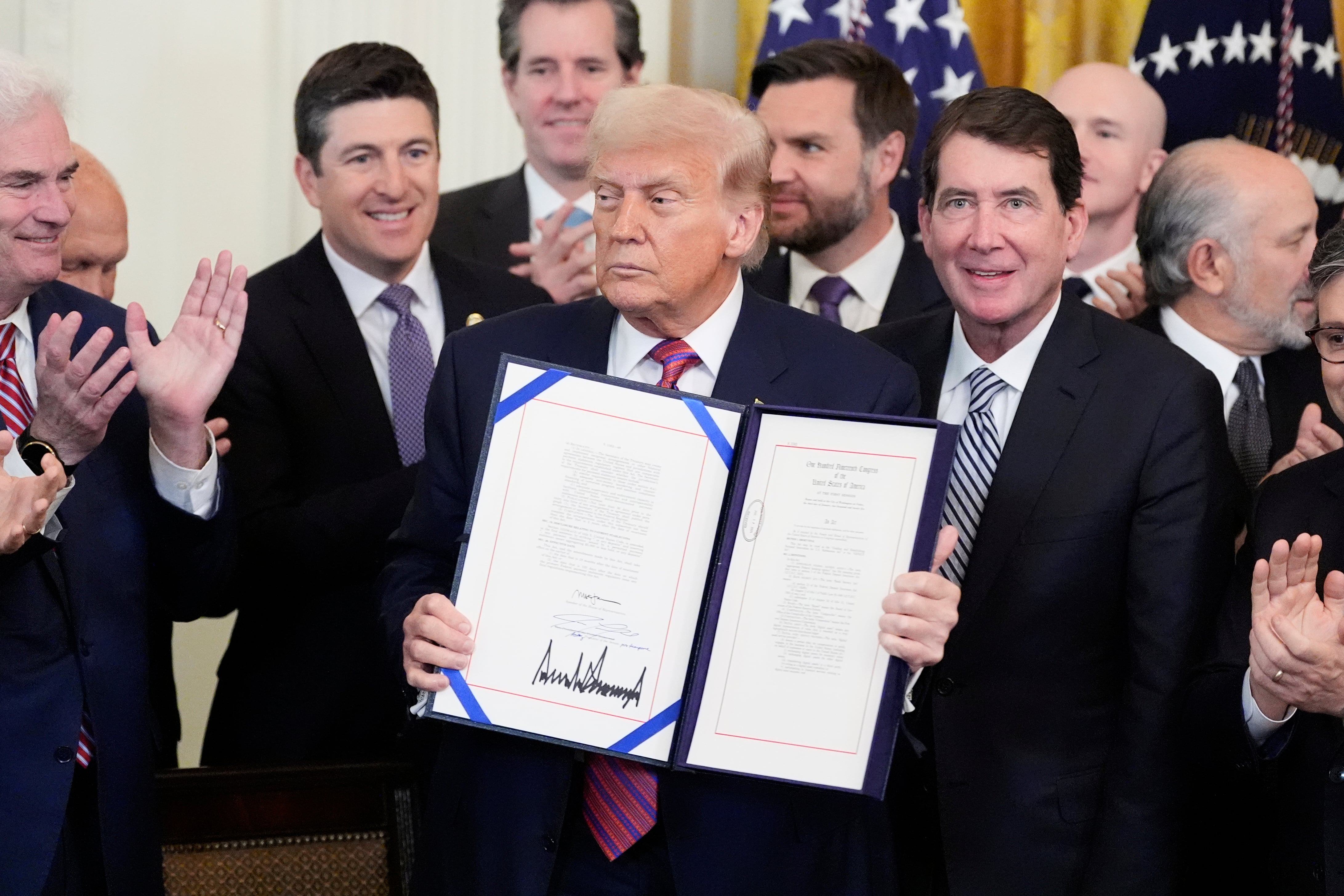Amwell made a bang with its Wall Street debut Thursday, trading under the ticker $AMWL on the New York Stock Exchange. The stock jumped 28 percent after opening above range at $18 and was up further in after-hours trading Thursday night.
The Boston-based telehealth company helps providers, insurers, patients, and innovators to deliver greater access to more affordable, higher quality care. Dr. Ido Schoenberg, chairman and CEO at Amwell, says that now was the right time for the company to begin trading publicly.
"We felt that the level of maturity of the company, the readiness to provide transparency with great governance is such that the public option is a great option for us. We have a big appetite for a big global agenda."
Schoenberg added contribution from multiple sources was important to his company's future, saying, "When you look into the future, realizing that we have so much more to do, we felt that wouldn't it be great if the contribution would not come only from strategic partners, but from people and individuals that have one thing in their agenda, and that is realizing our mission."
The mission Amwell is currently embarking on has not come quickly. During a time where initial public offerings (IPOs) have become all the rage on Wall Street — tech companies such as Snowflake and JFrog have experienced success in their first days of trading publicly this week — Schoenberg notes that it took his company over a decade to reach the level they're at today.
"People look at us as an overnight success, but they tend to forget that it's been 15 years in the making. We're also not measuring ourselves a day at a time," he said, noting that building a successful healthcare business is a long and complicated road.
Like many telehealth companies during the coronavirus pandemic, Amwell has seen increased activity over the past several months. "People were locked in their home and as a result many of them were forced to try telehealth for the first time. When I say people, I don't only mean patients. I very much also mean providers. Many doctors and nurses tried telehealth and loved it, as we knew for years," Shoenberg added.
But for Amwell's CEO, who says his company has taken an interest in chronic care, it's the level of trust patients have with their healthcare providers and making sure those patients return to health that is most important.
"When you talk to your own doctor from a hospital that you trust or a clinic that you know, that have access to your records, you can really talk about the entire continuum of care," Schoenberg says. "We really don't measure ourselves by total visits. If we do our work really well, we would like to see less visits on our platform."












